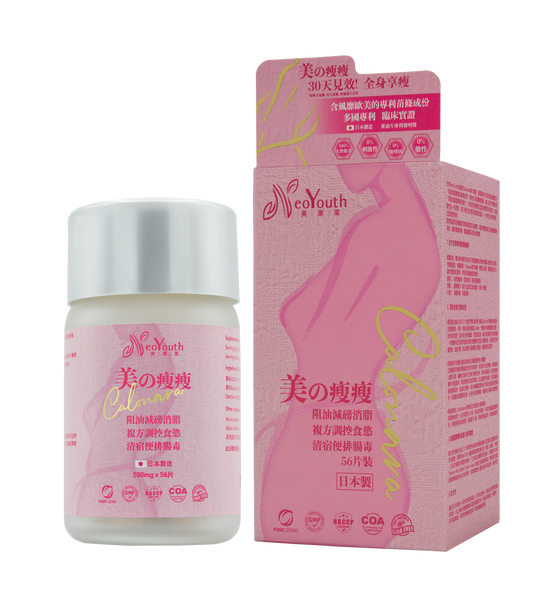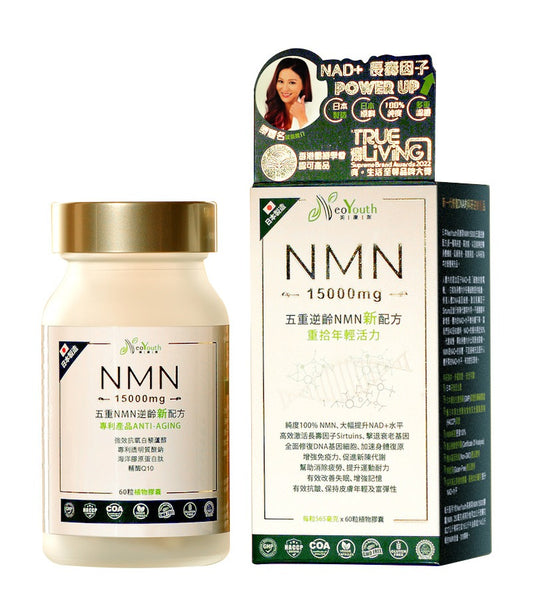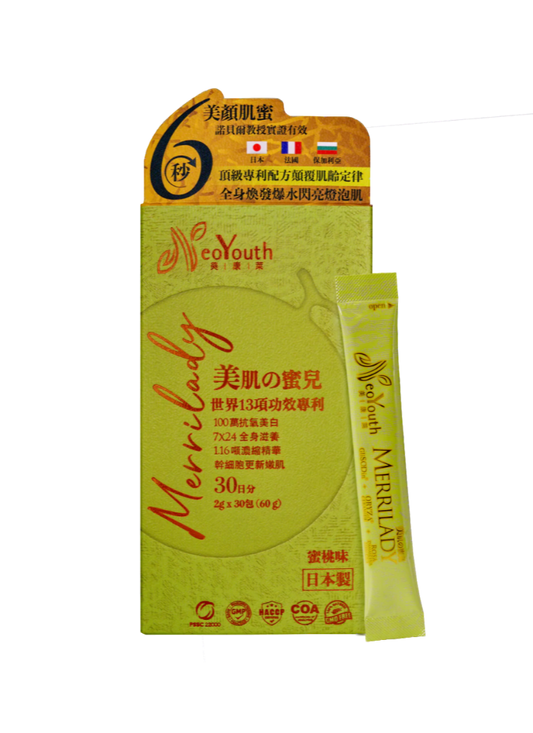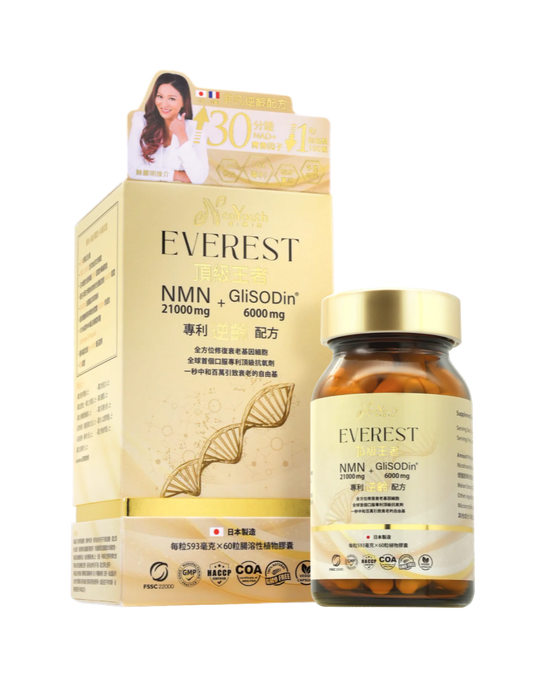According to a Worldometer report, in 2023, Hong Kong residents ranked first globally in terms of average life expectancy for both men and women, with women averaging 88.66 years and men averaging 83 years. Given Hong Kong residents' busy work schedules, fast-paced lifestyles, and high stress levels, why has it consistently ranked among the world's longest-living places for so many years?
Firstly, Hong Kong boasts a comprehensive public healthcare system. Hong Kong's public hospitals and clinics possess world-class medical equipment and facilities, coupled with highly qualified medical professionals and affordable fees, providing essential medical care for Hong Kong residents. Hong Kong residents with a valid identity card only need to pay HK$180 for emergency outpatient visits at public hospitals; in the unfortunate event of a serious illness, the daily hospitalization fee (emergency bed) is only HK$75 (admission fee) and HK$120 (bed fee), which includes all meals, hospitalization fees, medications, and surgery fees, even for malignant tumors or cardiovascular surgery. Furthermore, the public healthcare system also provides routine health care services such as child health care, dental health care, student health care, elderly checkups, and chronic disease treatment, many of which are free. This allows Hong Kong residents to build a strong foundation of health through prevention and to receive timely medical care and treatment, thereby increasing their lifespan.
Furthermore, Hong Kong people understand the importance of healthy eating for wellness and health. Hong Kong boasts a unique food culture that emphasizes balance and diversity. Traditional Chinese cuisine combines vegetables, fruits, seafood, and poultry to provide rich nutrition. In addition, many Hong Kong people also use Traditional Chinese Medicine (TCM) to regulate their bodies. Some TCM practitioners have noted that an increasing number of young people under 30 are choosing to see a TCM doctor regularly and using different herbs to supplement their diet according to the season. Many Hong Kong families also incorporate expensive medicinal herbs such as ginseng, fish maw, lingzhi mushrooms, and bird's nest into their daily diet and are willing to spend money on health supplements to obtain rich nutrition from multiple sources, helping to maintain good health.
According to a research team from the University of Hong Kong comparing data from 18 countries and regions, the mortality rate from cardiovascular disease among men and women in Hong Kong is lower than that in countries and regions such as Singapore, South Korea, the United States, the United Kingdom, Japan, and Australia. Among smoking-related diseases, Hong Kong men and women live 0.94 years and 0.87 years longer than those in more developed regions, respectively. Overall, Hong Kong men and women live 1.86 years and 2.5 years longer than those in other regions, respectively. The ratios are 50.5% and 34.8%, meaning that the longevity of over half of Hong Kong men and one-third of Hong Kong women is related to low smoking rates. Therefore, successful tobacco control is a key factor in Hong Kong's world-leading life expectancy, which can be attributed to the comprehensive smoking ban implemented in Hong Kong since 2007.
Although Hong Kong has maintained its position as the world's longest-living region for many years, a study conducted between 2007 and 2020 by the Faculty of Medicine and the CUHK Institute for Health Equity pointed out that the time Hong Kong's elderly spend with disabilities before death has also increased significantly. Therefore, we should not only measure the length of life, but also pay more attention to the quality of life.





